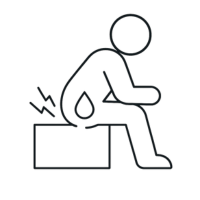
Piles and fistula affect the anus and cause swelling, pain, and discomfort. Though they involve the same area, they are different conditions.
A hemorrhoid, also called piles, is a swollen blood vessel inside or outside the anus. Pressure from straining, constipation, pregnancy, or sitting for long periods can cause veins to swell, leading to bleeding and swelling outside the anus (hemorrhoid symptom).
A fistula is a small tunnel that forms between the bowel and the skin near the anus, usually after an untreated infection. Many people ask, why does anal fistula occur? It mainly happens when an abscess drains and leaves a tunnel that does not heal.
Always consult a qualified doctor or colorectal specialist for proper diagnosis and treatment of piles or fistula.
Piles and fistulas need treatment when pain, bleeding, or infection affect daily life and do not improve with simple home care. Care aims to stop symptoms, heal the tract or swollen veins, and prevent complications like abscesses or recurrent infections. Doctors choose medicines, office procedures, or surgery based on the severity and cause.
Piles happen when there is too much pressure on the veins in the anus or rectum. This pressure causes the veins to swell and form piles.
Small changes in daily habits like eating more fibre and avoiding long sitting can help lower the risk of piles. If piles develop, medical treatment may be needed for relief.
An anal fistula forms when an infection near the anus creates an abscess, which then drains and leaves a small tunnel under the skin. If the abscess does not heal properly, a fistula develops.
Anal fistulas do not heal on their own. Medical treatment is important to prevent infection, ongoing pain, and further complications.
Piles and fistula cause discomfort and changes around the anus. Recognising early signs can help patients seek the right care.
In many cases, a fistula appears as a small hole or swelling near the anus, often leaking pus. Some patients search for a picture of fistula disease online to understand how the condition looks before visiting a doctor. It’s important to seek medical advice for accurate treatment and faster recovery.
Piles and fistula may start with mild signs. But if symptoms do not improve, or if they get worse, medical treatment becomes necessary.
Treatment should be considered if:
Quick action helps avoid bigger complications like infections or severe swelling. Bangla Health Connect can help you consult experienced colorectal surgeons at leading hospitals worldwide if these symptoms appear.
.png)
Through Bangla Health Connect, Bangladeshi patients can access leading hospitals across India, Thailand, and other countries that are recognised for advanced colorectal and proctology care. Many families travel abroad because of the proven expertise and high success rates available through these hospitals.
Here’s why Bangladeshi patients choose piles and fistula treatment with Bangla Health Connect’s trusted network of hospitals:
Bangla Health Connect offers Bangladeshi patients a trusted pathway to skilled specialists, affordable treatment, and dependable international care.
Bangla Health Connect connects patients with top hospitals worldwide. These centres are recognised for their expertise in managing piles and anal fistulas, the use of advanced laser and minimally invasive procedures, and dedicated support for international patients.

.jpg)

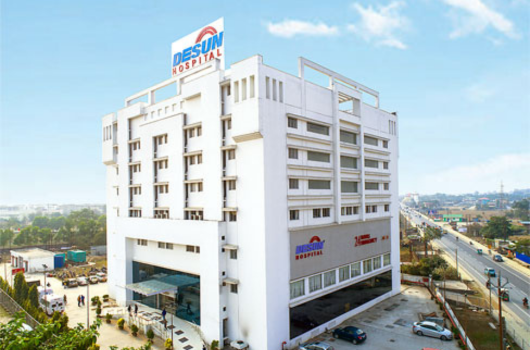
.png)
.png)

.jpg)
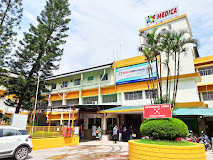
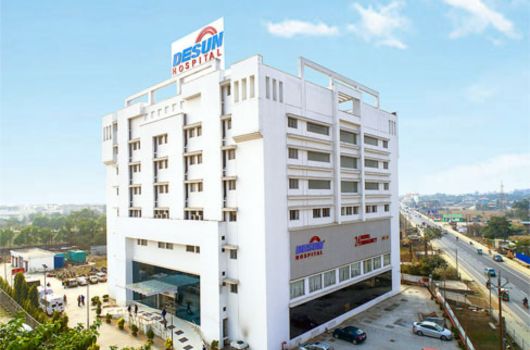
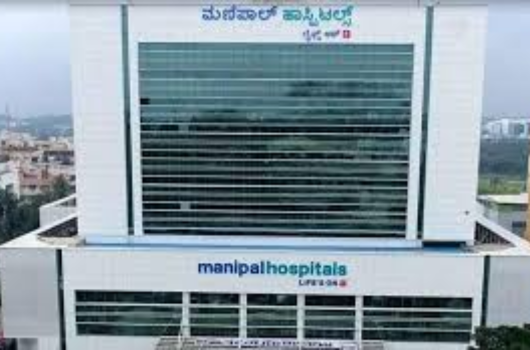

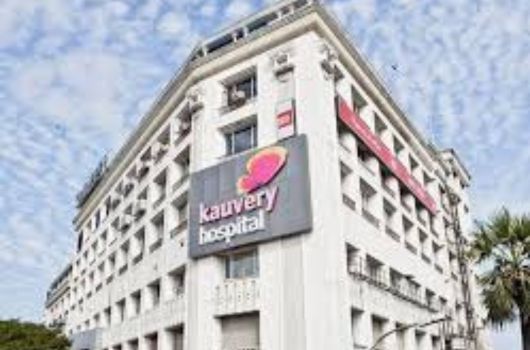

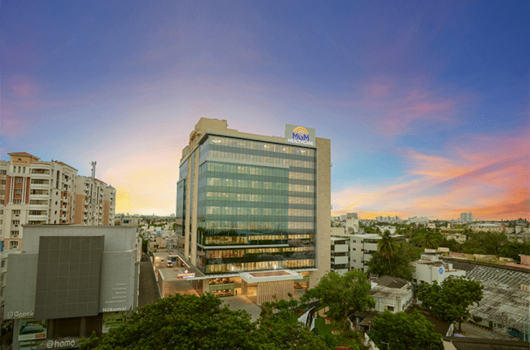


.png)
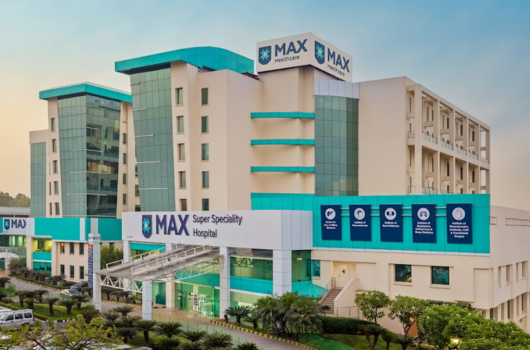
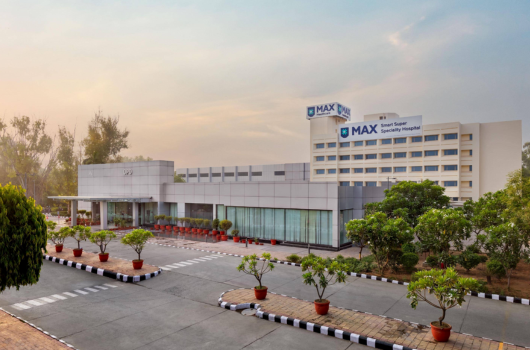
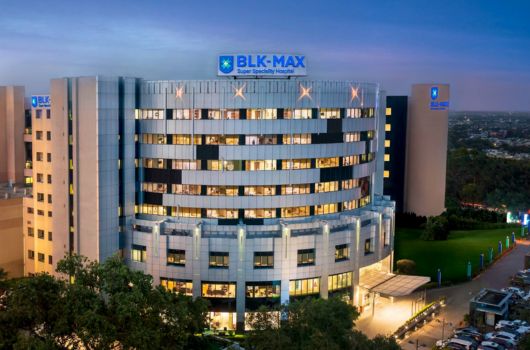
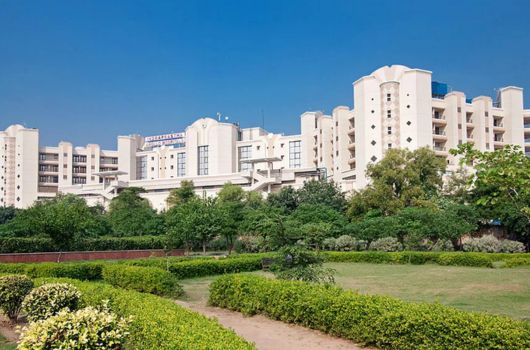


.jpg)


These hospitals follow global treatment guidelines and provide full support for Bangladeshi patients through Bangla Health Connect.
The average cost of piles and fistula treatment ranges from $700 to $1,100 in India and about $2,500 to $4,000 in Thailand. The final cost may vary based on multiple factors such as the treatment method, hospital location, and severity/complexity of the condition. Before viewing the detailed table of treatment-wise costs, it's helpful to understand what influences these expenses most.
Note: India is well known for offering cost-effective advanced proctology care. Hospitals combine affordability with strong clinical outcomes, supported by experienced colorectal surgeons and day-care pathways.
Note: Thailand’s hospitals are often promoted as premium destinations for international patients. Their higher costs reflect imported devices/medicines, premium facility fees, and all-inclusive care packages.
The costs listed are approximate and may vary based on hospital, location, and patient needs. Consult the healthcare provider for accurate and updated information.
The currency conversion rates in the table above are based on data from October 2025.
For more help on cost estimates and personalised guidance, contact Bangla Health Connect.
Piles and fistula treatments show strong results, especially when diagnosed early and treated with the right procedure. With advanced technology and experienced surgeons, most patients recover well and return to daily activities without long-term issues.
Most patients get relief from pain, bleeding, and swelling soon after surgery. Recurrence is low when follow-up care and diet changes are followed.
Treating fistula early reduces the chance of infection and long-term drainage. Recovery improves when surgery is supported by proper wound care and follow-up.
Top centres emphasise early assessment, precise diagnosis, and complete care for patients with piles and anal fistulas. Their approach includes:
This blend of accurate imaging, evidence-based techniques, and patient-centred care improves symptom relief, speeds recovery, and reduces recurrence for most patients.

Dr. Venkatesh Munikrishnan, Head of Colorectal Surgery at Apollo Hospitals Chennai, explains:
“It’s important to remember when a diagnosis of hemorrhoid or pile is made, the first line treatment would be lifestyle modification, which will include increasing water intake, reducing the intake of red meat and a high fibre diet. A doctor will add a simple laxative to free your bowel movement. These simple measures usually settle your symptoms. If symptoms persist, you should see a doctor for further surgical management.”

Dr. Narasimhaiah Srinivasaiah, Senior Consultant in Colorectal Surgery at Apollo Hospitals Bangalore, states that:
“Hemorrhoids are present in every individual. When they get enlarged and start causing symptoms, we call them pathological or problematic hemorrhoids. Normally they help us in giving that cushioning into the anal canal, they cause tightness in the back passage to prevent leakage. But when they do get troublesome or problematic, they can cause prominent lumps, leakage, itching, and bleeding.”
Bangla Health Connect helps Bangladeshi patients access safe and affordable treatment for piles and fistula at leading hospitals worldwide, with support starting from the first contact and continuing well after treatment is complete.
Choosing hospitals through Bangla Health Connect gives you access to experienced surgeons, modern techniques, and dependable international care without the stress of planning it alone.
Note: Bangla Health Connect does not provide medical advice of any kind.
✅ Share Your Reports - Bangla Health Connect connects you with trusted hospitals worldwide.
✅ Get treatment plans from leading Hospitals worldwide
✅ Choose the one that fits you
✅ Let us handle the rest
A hemorrhoid, also called piles, is a swollen blood vessel inside or outside the anus that causes pain, bleeding, and discomfort.
Piles occur mainly due to pressure in the lower rectum caused by straining during bowel movements, constipation, pregnancy, or sitting for long periods.
Anal fistula happens when an abscess near the anus drains but does not heal properly, leaving a small tunnel between the bowel and the skin.
Symptoms include swelling outside the anus, bleeding during bowel movements, pus or fluid leakage, pain during sitting, and in some cases, fever.
Bangla Health Connect assists with doctor appointments, cost estimates, visa papers, hospital coordination, travel booking, and follow-up support, all handled in Bengali for better comfort.

